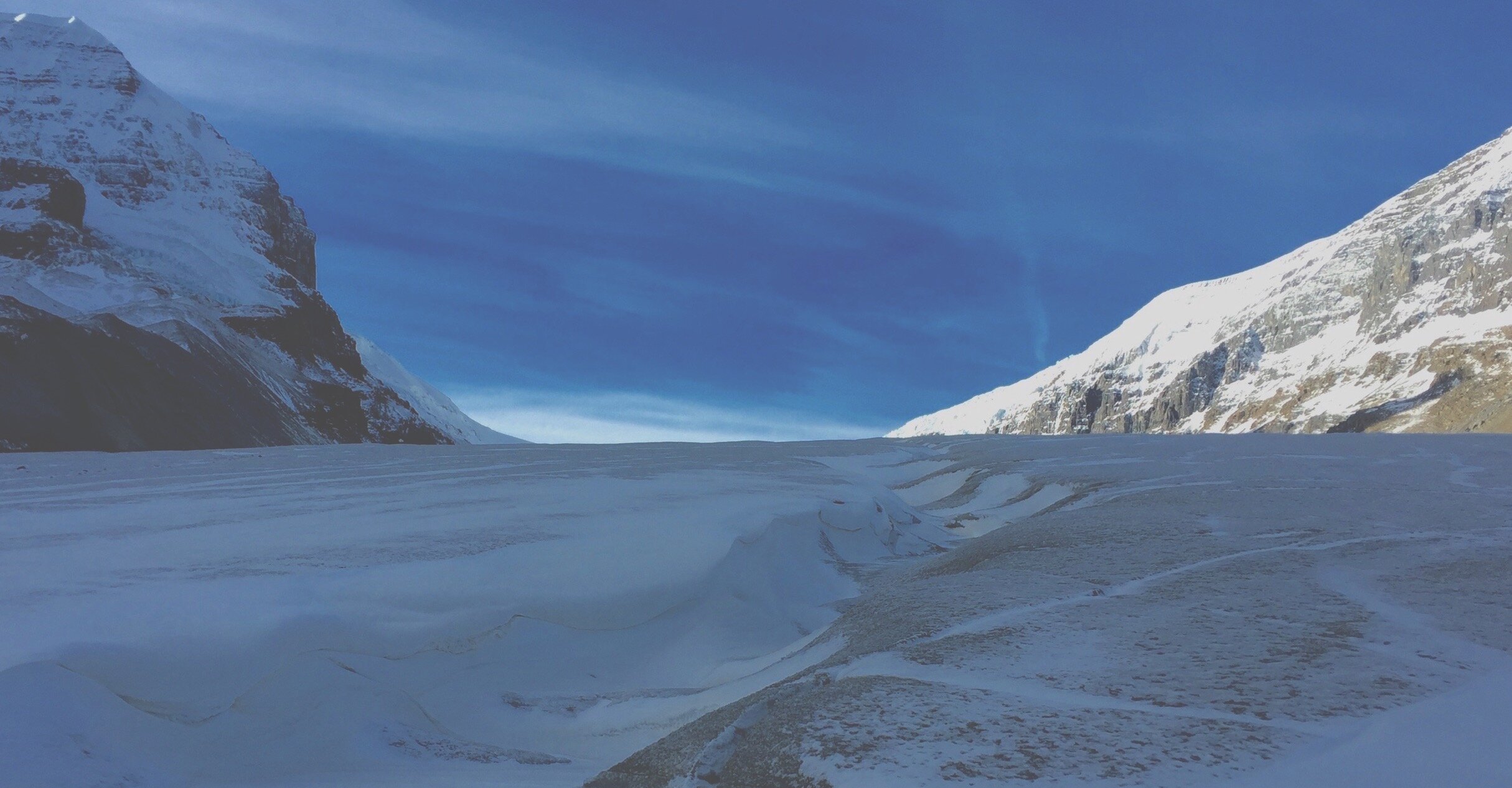
Icefields
“Ice, when it is touched, can sear the flesh; in Icefields, it fires the imagination.” PEOPLE MAGAZINE
https://bookshop.newestpress.com/products/icefields-landmark-edition
"At a quarter past three in the afternoon, on August 17, 1898, Doctor Edward Byrne slipped on the ice of Arcturus glacier in the Canadian Rockies and slid into a crevasse." So begins Thomas Wharton's first novel, Icefields, and as Byrne hangs trapped, upside down, he sees the figure of an angel, similarly suspended in translucent ice suffused with sunlight, that will forever haunt and inspire him. This figure, elusive and emotionally charged, is the symbolic heart of the novel, evoking the blend of science and mysticism that fuelled Canadian wilderness exploration at the turn of the 20th century.
Icefields is set in Jasper, Alberta, whose name was possibly derived, Byrne speculates, "from the French phrase j'espère: I hope," though "on one old map the region is labelled Despair." The great glacier raises both spirits, despair and hope, in the diverse cast of characters assembled at its foot, who see in its cold mystery the fulfillment of their various desires for money, inspiration, adventure, and knowledge. Through their interlocking stories, Wharton unearths the quest for self-discovery at the core of the colonial enterprise. These stories are paralleled by the explorations of the fictional English traveller Lord Sexsmith, who, a generation earlier, dreams of shooting a grizzly on the mountain, cutting it open, and feeling "the hot sensual heart sliding into his palm." Based on historical records of the area's exploration, this novel, in the spirit of Robert Kroetsch's Badlands, is an absorbing and impressionistic companion to nonfiction adventure narratives. As Byrne demonstrates, the soul-searching wonder the wilderness inspires remains, even as its sublime beauties are translated into tourist dollars. "Come with me," he beckons in the novel's last lines. "I want to show you something rather extraordinary." --Karen Solie
NeWest Press, 1995.
CBC Canada Reads 2008 pick and People’s Choice Winner
Grand Prize & Banff National Park Award at the1995 Banff Mountain Book Festival.
Henry Kreisel Award (Best First Book) at the Alberta Book Awards 1996.
1996 Commonwealth Writers Prize for Best First Book, Canada and Caribbean Division.
Shortlisted for the Boardman-Tasker Prize in Mountain Literature.
Chosen as Grant MacEwan College Book of the Year, 1998.
Foreign Editions:
U.S.: Washington Square. 1996.
UK, Jonathan Cape 1997.
Germany: Schneekluth, 1997.
France: Rivages, 2000 (l’édition de poche 2002).
Netherlands: Querido, 2005.
